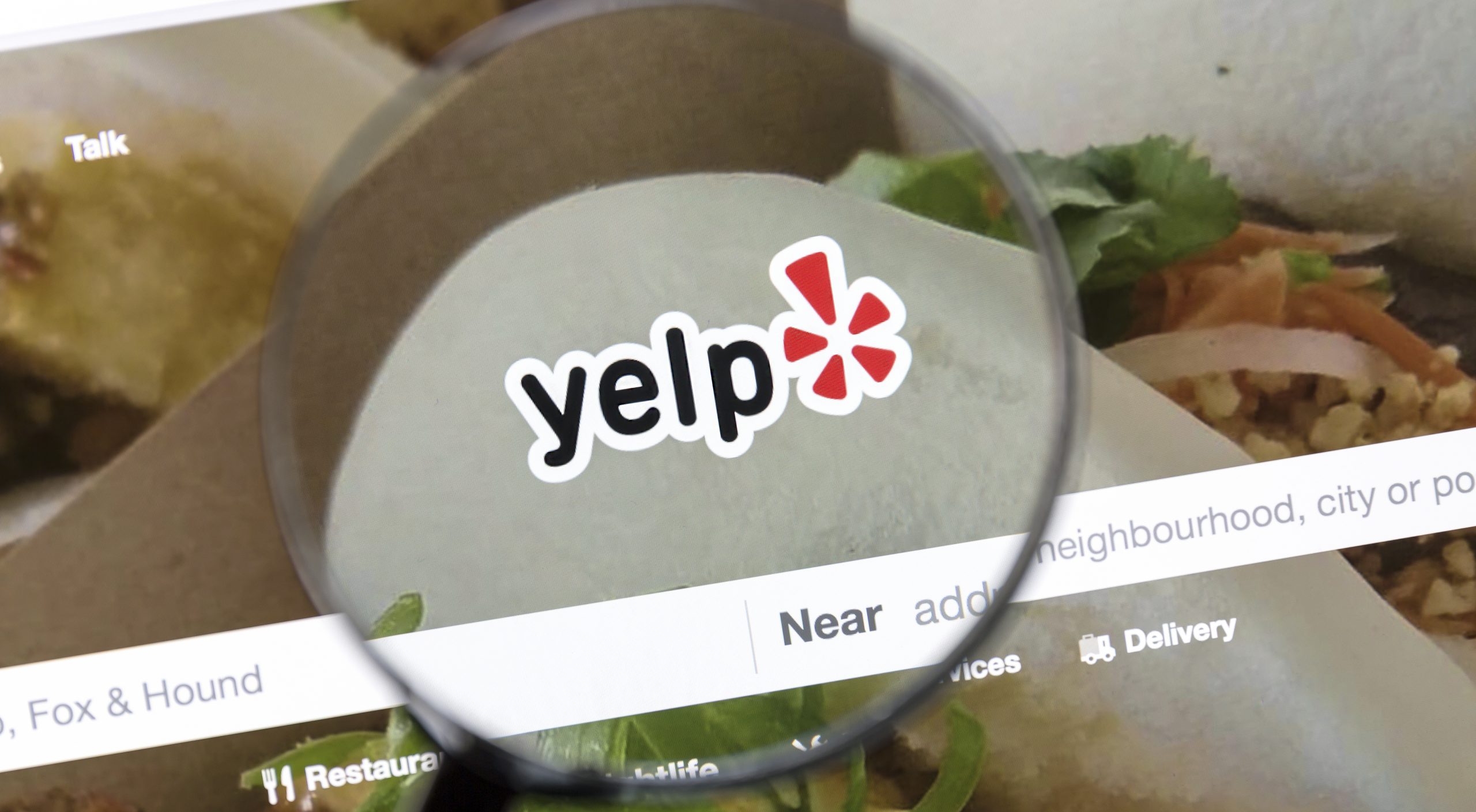
Bars, Management
The Right and Wrong Ways to Handle Bad Online Reviews of Your Bar
By Amanda Grosvenor

By Amanda Grosvenor

Bars and restaurants have countless moving parts and are so public-facing that it’s that much tougher to try to control every variable, and the age of social media has given everyone and their dog’s cousin’s hairdresser an instantaneous, unfiltered voice. Someone’s offhand, sour, heat-of-the-moment Yelp or TripAdvisor review, which takes them all of five minutes to post, can become almost impossible to scrub away from your reputation—even if it is based on a misunderstanding or an outright lie.
To figure out how bars and restaurants can effectively handle bad reviews, I sat down with my friend Kait Curtis, who has worked in PR for 5 years—part of it for a reputation management firm—and has represented several bars and restaurants. She also founded and still runs the popular Providence Eats blog and Instagram account.
Every establishment has heard the horror stories, and some of you have even lived them. So, what are the best ways to handle bad reviews?
Kait noted that there are legitimate reviews as well as what loosely fall under the category of “false reviews”: reviews that are inaccurate because they happened as the result of a one-off incident that doesn’t actually represent your business fairly, or perhaps are smear attacks from a competitor or overly-biased source.
Kait says, “If someone posts a review with a legitimate concern about your business, don’t ignore it; hear them out. If you respond genuinely, guests will appreciate you taking the time to engage with them and hear out their complaints. This also opens the door to explain your side and add a human touch.”
In the case of legitimate reviews, you should “always respond,” she continues. “Not responding is the worst tactic you can have, and don’t use an automated response. Take a breath first; it’s going to suck, but really think about what you’ll say to them before you dive in.”
The exception to the rule of “always respond” applies when a negative review is flagrantly false or if you truly have no response—in that case, it’s okay to ignore it, Kait says. “If almost all of the rest of your reviews are very positive, don’t worry about it.” If the bulk of your reviews are neutral or negative, however, you will want to do some serious soul-searching as an establishment and try to isolate and address recurring problem areas.
Kait recommends taking whatever negative the guest has pointed out and finding a way to turn it into a positive. Maybe it’s your staff’s keen attention to detail and care for perfecting the customer experience that cause them to operate a little on the slower side, for example. Maybe it’s your restaurant’s reputation and popularity that make it tough to seat people as quickly as they might like during busy season nights.
“Don’t get defensive,” Kait explained to me, “and don’t make it seem like their concern is not worth your time. You should come across as if you care, no matter how small or irrelevant the complaint might seem.”
Can bad reviews be removed?
Yelp does have a reporting system that serves this purpose once you’ve claimed the business listing (if you haven’t already), but those who’ve tried to use this function know that it can take an extremely long time and may not even get the results you want in the end. TripAdvisor will remove a bad review if you can prove that it violates their posting guidelines but again, this can be a very difficult battle.
Occasionally, businesses have tried to sue customers over bad reviews, but this seems like a very costly, time-consuming, and potentially embarrassing way to solve such a problem. If you’re really that worried about it, Kait suggests not signing up for review sites in the first place—or at least wait until the beginning phase of your roll out is completed and you’ve had time to iron out the kinks that inevitably occur when launching a business.
It occurs to me that there’s another angle you could take if you ascribe to the saying that “There’s no such thing as bad press.” There are plenty of examples of online altercations which have gone viral if they were particularly funny or over-the-top, which will certainly draw additional eyes to your establishment, and depending on how you handle it, you may come out looking like the hero in the situation—but it’s a risky move and could result in negative attention.
The Old Butcher’s bar in Bristol, UK took one of the most innovative and hilariously sarcastic approaches yet to a bad review: naming a special drink in its honor. Now that’s making lemonade (or a blue cocktail, in this case) out of lemons!
Do you have any hilarious or horrific review stories you’d like to share? Write them in the comments below!
How to Manage Online Restaurant Reviews the Right Way
How to Approach Reservations and Waitlisting Technology Solutions
Restaurant Owners: Why “Good Enough” Won’t Cut It
